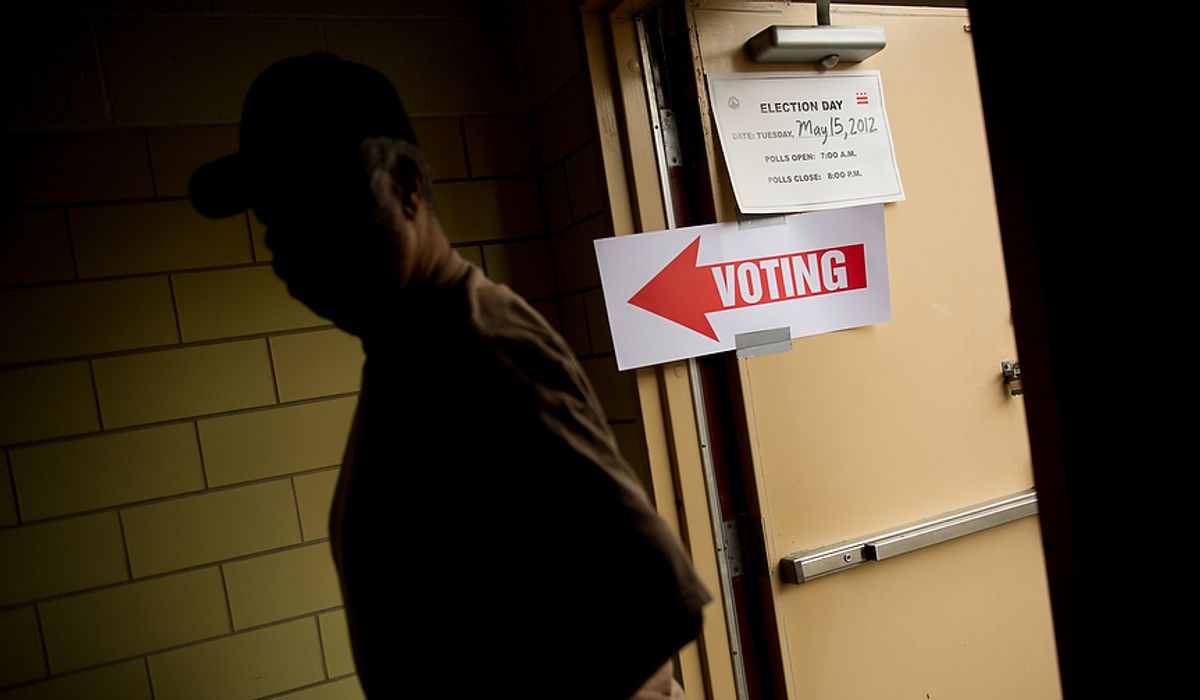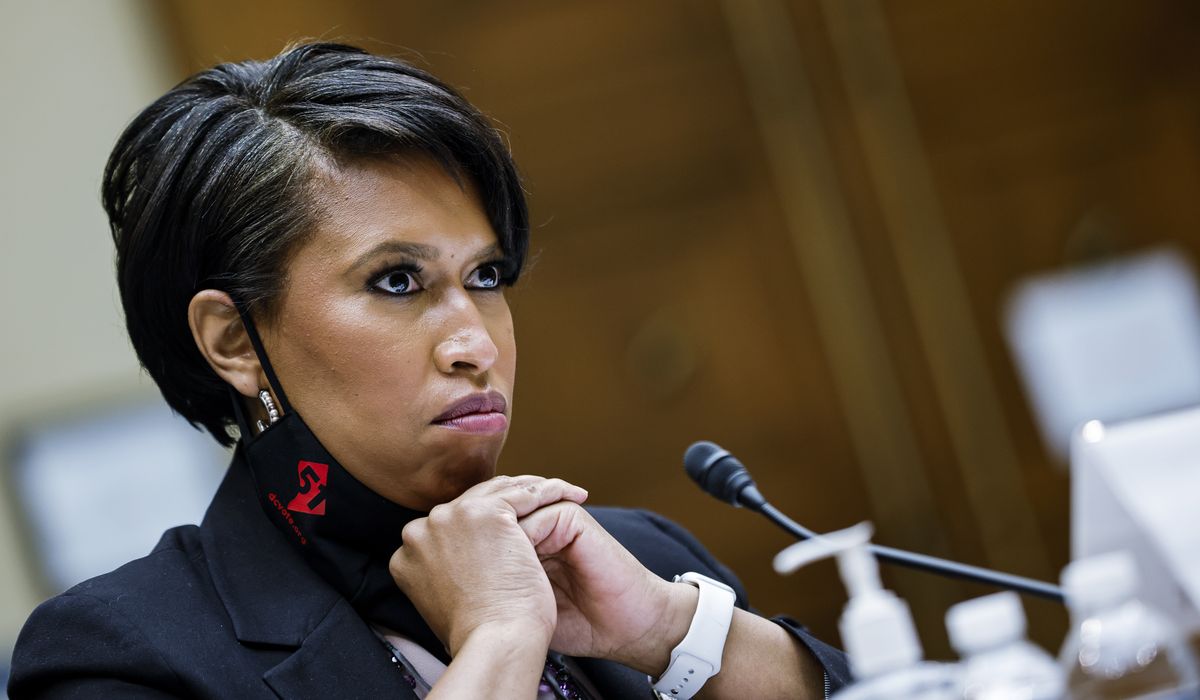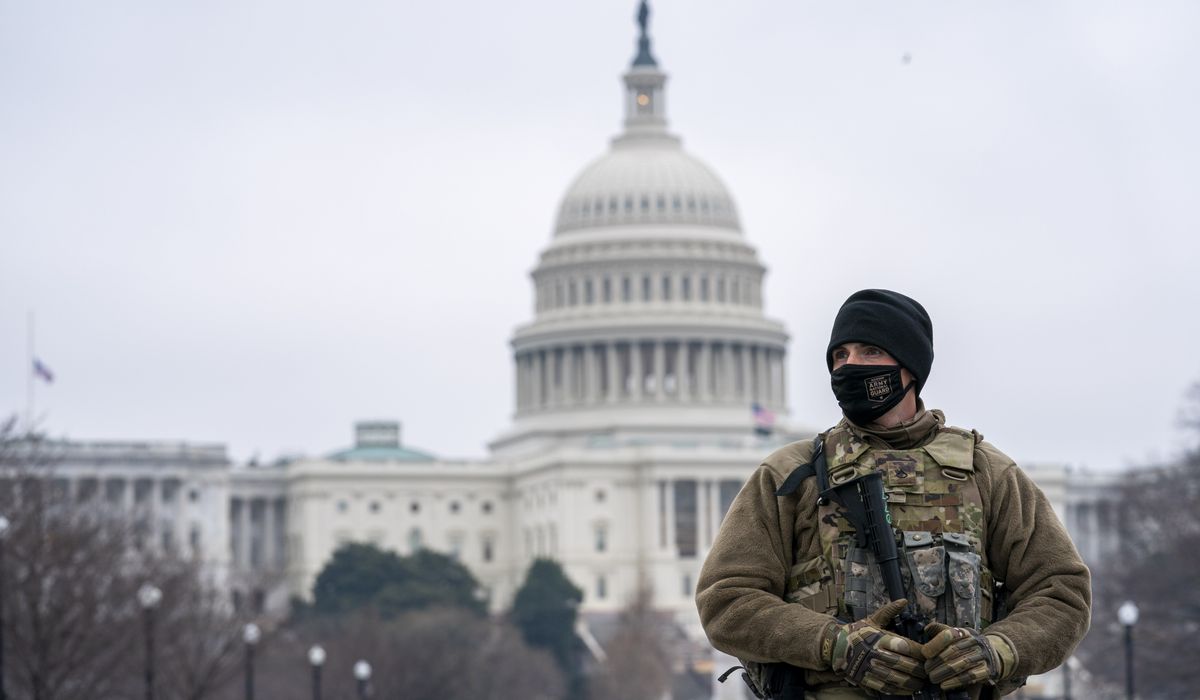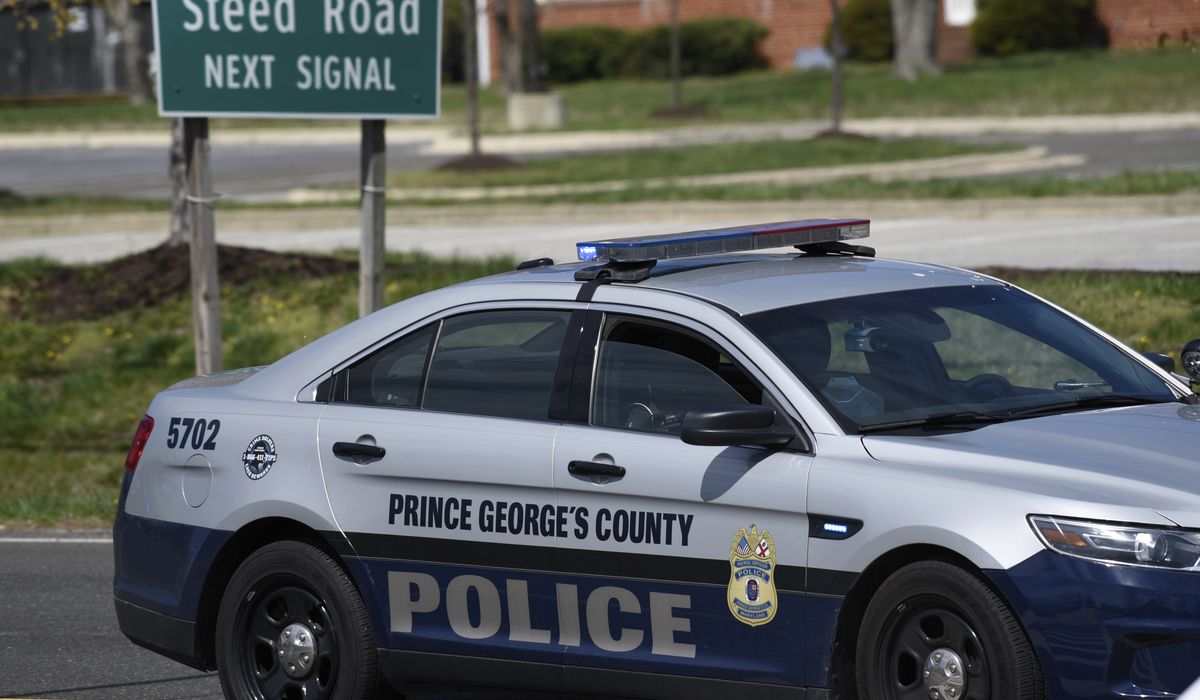Five inmates are on the ballot in District election Tuesday

If a politician holding public office can end up in a jail cell, why can’t an inmate take the opposite journey — from locked away behind bars to out in front, leading a community?
It’s an audacious question that five inmates at the D.C. Jail in the District’s Ward 7 are asking by running for elected office while still incarcerated.
The five would-be public servants — Aaron Brown, 25; Gary Proctor, 43; Joel Caston, 44; Keith Littlepage-El, 59; and Kim Thompson, 63 — are the only names on the ballot in Tuesday’s election for a Ward 7 Advisory Neighborhood Commission seat that has been vacant for a decade.
That’s will change Tuesday, thanks in large part to D.C. activist Julie Johnson, the co-founder of Neighbors for Justice, a prisoners’ rights group. Ms. Johnson helped orchestrate the campaign to add an inmate to the advisory group in the District neighborhood east of the Anacostia River.
She said when a friend offhandedly mentioned the vacancy on the commission last year, she knew exactly who should fill the spot: Someone who could give voice to the prisoners in the D.C. Jail.
“This speaks to our core mission of just trying to be good neighbors, right?” Ms. Johnson told The Washington Times this week. “If there is a group of residents who have the right to representation — by giving them representation, you’re giving voice and visibility, which means you’re introducing additional perspective, additional forms of … transparency, accountability, additional tools to affect change and to elevate issues.”
The unpaid Advisory Neighborhood Commission position is one of more than 200 such neighborhood-level positions spread across 40 districts in the city.
Commissioners hold monthly meetings with residents to help resolve problems in their neighborhoods and they also advise government agencies on matters that affect their area.
The open Ward 7 seat was created in 2011 through redistricting that carved out a plot of land in eastern D.C. which includes residential neighborhoods, a women’s shelter and the jail. It was likely unfilled because “it was a little-known piece of information,” Ms. Johnson said.
To reach potential imprisoned candidates, Ms.
Because the inmates were confined to cells for 23 hours a day for more than a year amid the pandemic, getting their names on the ballot from behind bars was a challenge.
“So in addition to not being able to see their family for a year or take a breath of fresh air for a year, they also didn’t have the ability to walk around and just ask someone to sign, you know, the form [that] they needed at least 25 signatures to become a candidate,” said Ms. Johnson.
Again, the DOC stepped up and sent a team of voter representatives to circulate the petitions through each cell block.
“This was a ton of man-hours, you know, by a team of just three or four people,” Ms. Johnson said.
In March, the D.C. Council passed emergency legislation requiring vacant ANC positions be filled at the behest of the advocates.
Councilmember Robert White, who helped pass the bill, told The Times this week that he is “very supportive” of an inmate serving.
“By allowing a [jail] resident to serve on an ANC, and giving them tangible things to work on, we are helping to prepare them to become stronger and more engaged citizens once their sentences end,” said Mr. White, at-large Democrat.
Voters can cast ballots Tuesday at the Park Kennedy apartment complex or from within the jail.
Ward 7 Commissioner Whitney Weston said in an email Wednesday that the election “provides a segment of the population with a voice that will be heard not only across Ward 7 but across the District.”
A video of the five commission hopefuls giving short campaign speeches recorded by the DOC was posted online this week by the Neighbors for Justice.
“When you get to see the candidates themselves — connect names to faces and hear them, their platform, and they all present as very, you know, genuine, kind, earnest people who are seeking to improve, you know, the experience of all of the residents,” Ms. Johnson said.
Once the candidates were selected and the election date set, another logistical issue arose: How would an incarcerated commissioner attend meetings and interact with constituents?
Ms. Johnson said they sent the DOC a proposal for ways to accommodate the incarcerated commissioner and “what they are planning to do is kind of beyond anything we asked for or expected.”
“They are going to provide a tablet and a dedicated workspace or office to this commissioner,” she said. “And they already have plans underway to provide, you know, access to communication and information.”
The advocates are also pushing for commission meetings to be held in a hybrid format to allow the inmate to participate virtually.
Charles Thornton, who was previously incarcerated at the D.C. Jail and now chairs the D.C. Corrections Information Council, says that the election is a step in the right direction for prisoners’ rights.
“What we’re doing in the District is really a beam of hope,” Mr. Thornton said during a phone interview Wednesday. “It really shows what democracy looks like.”




